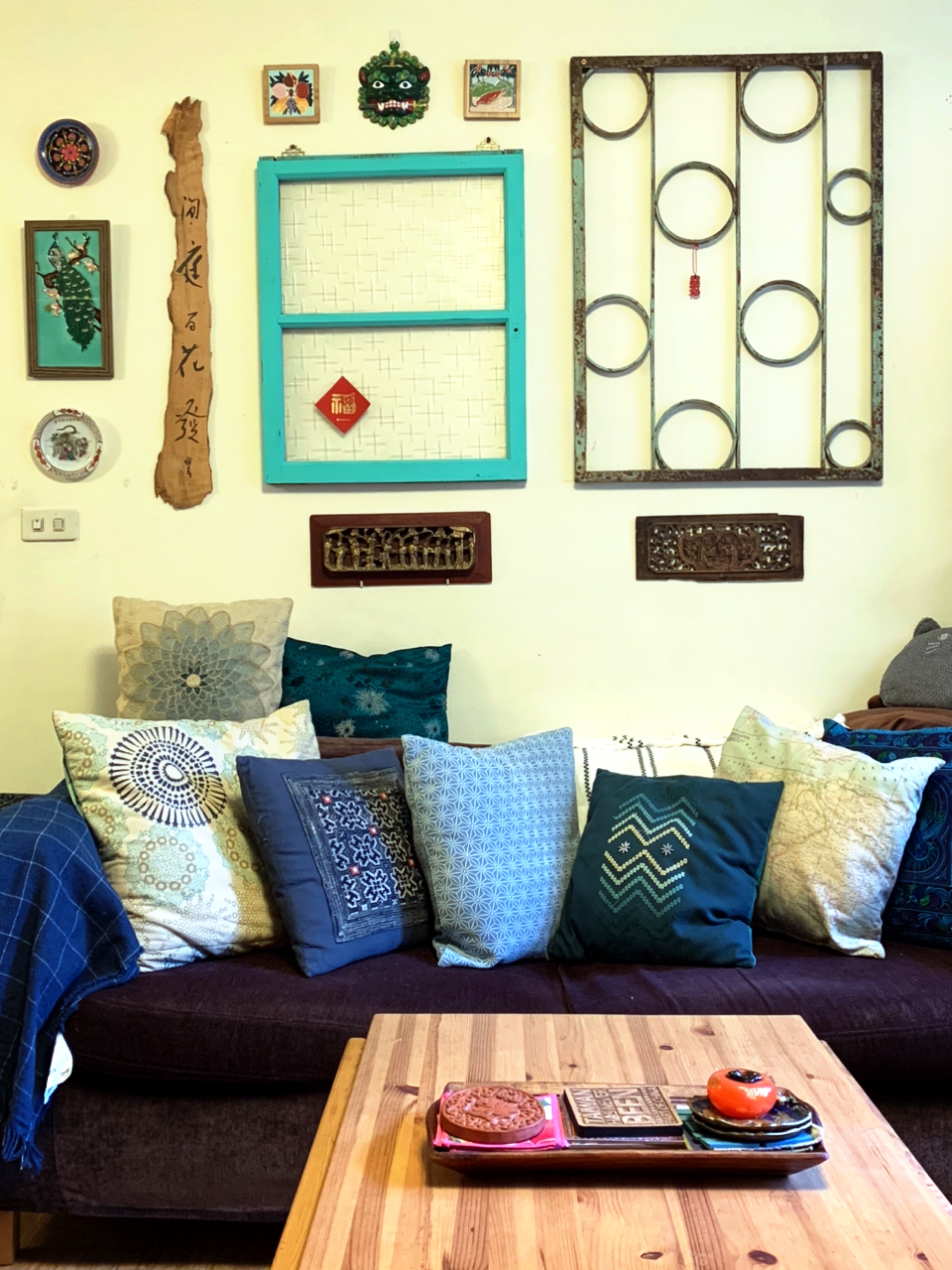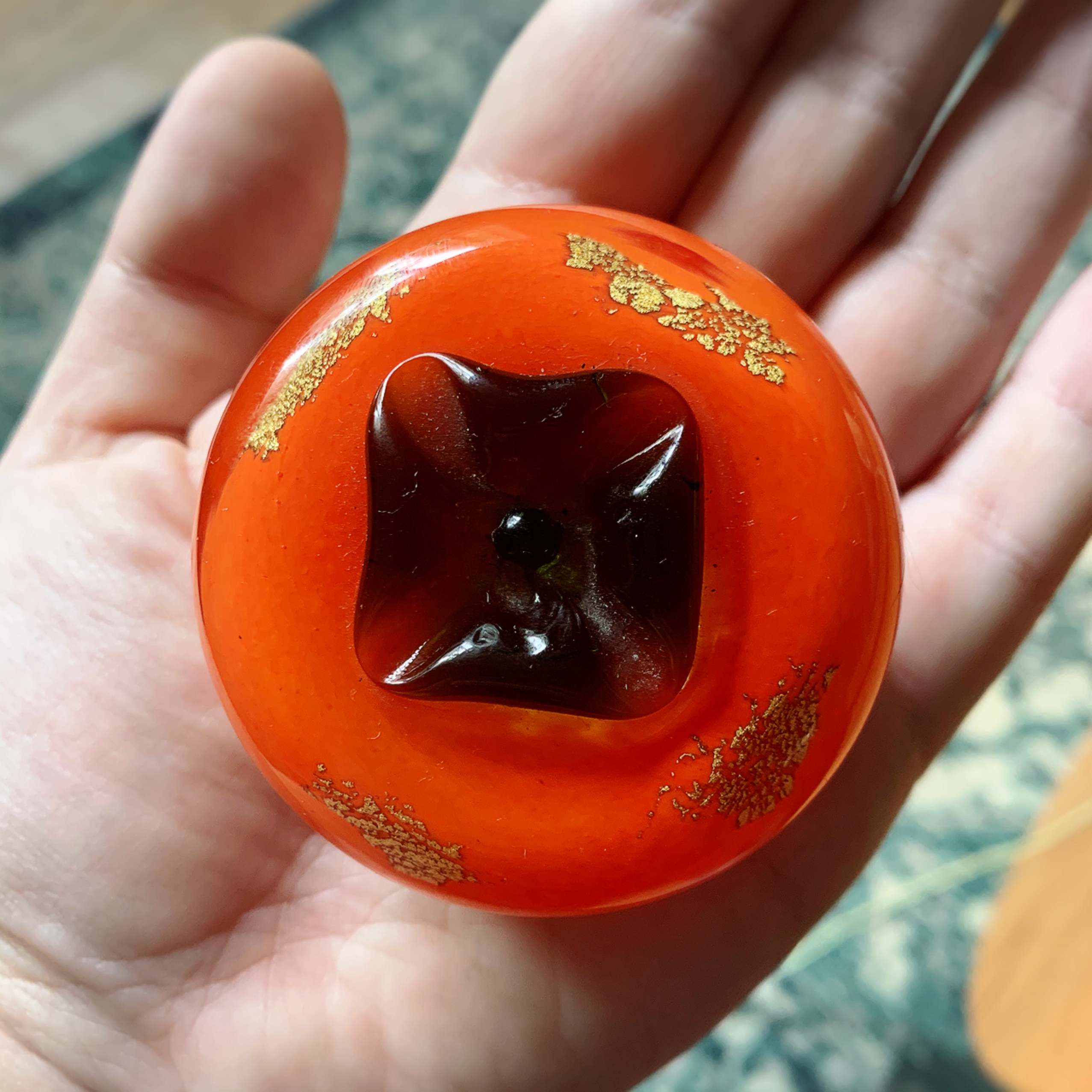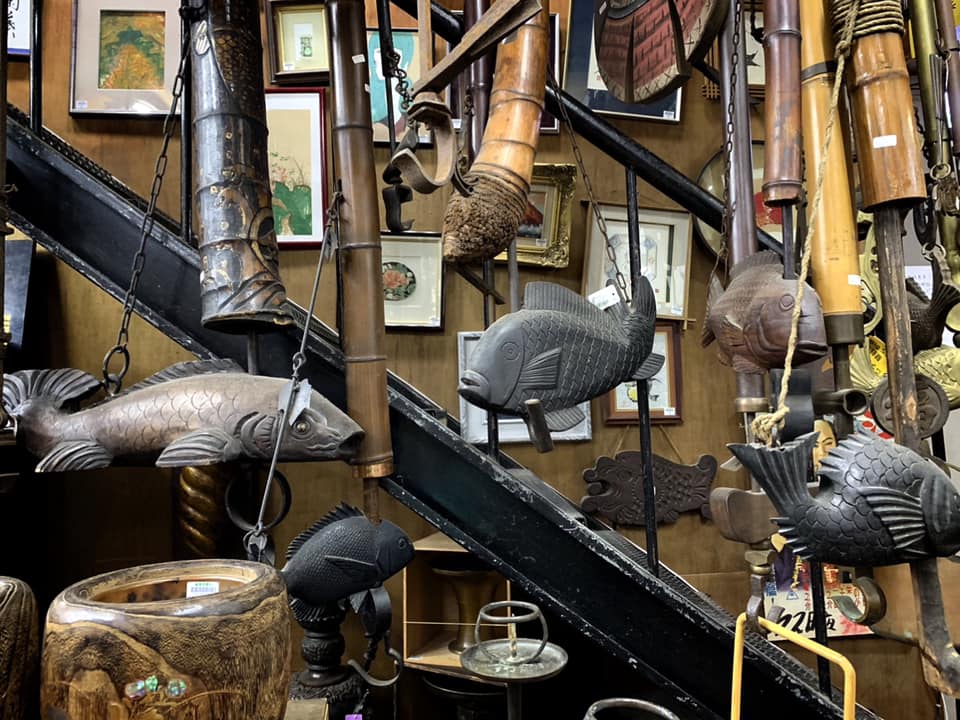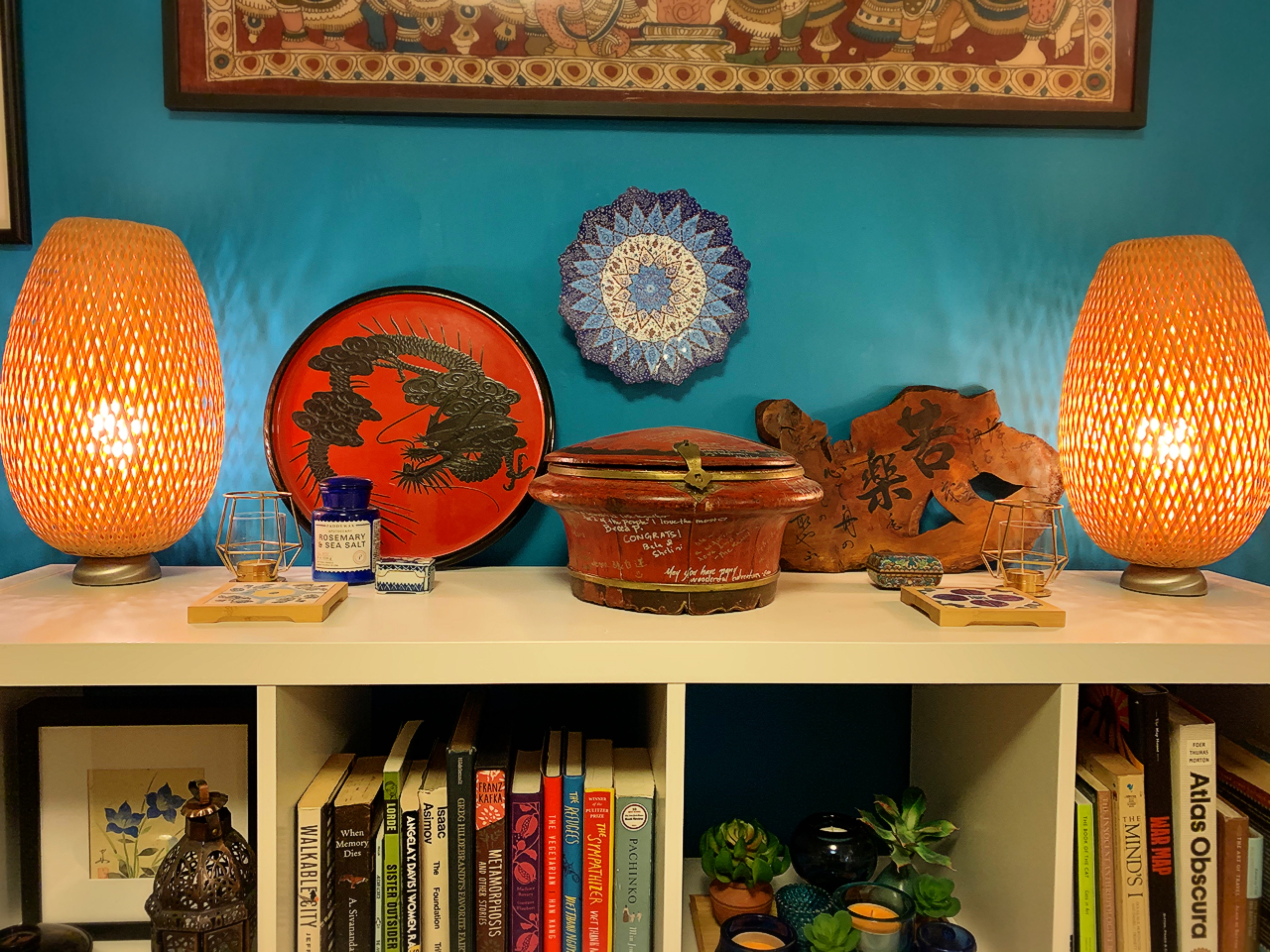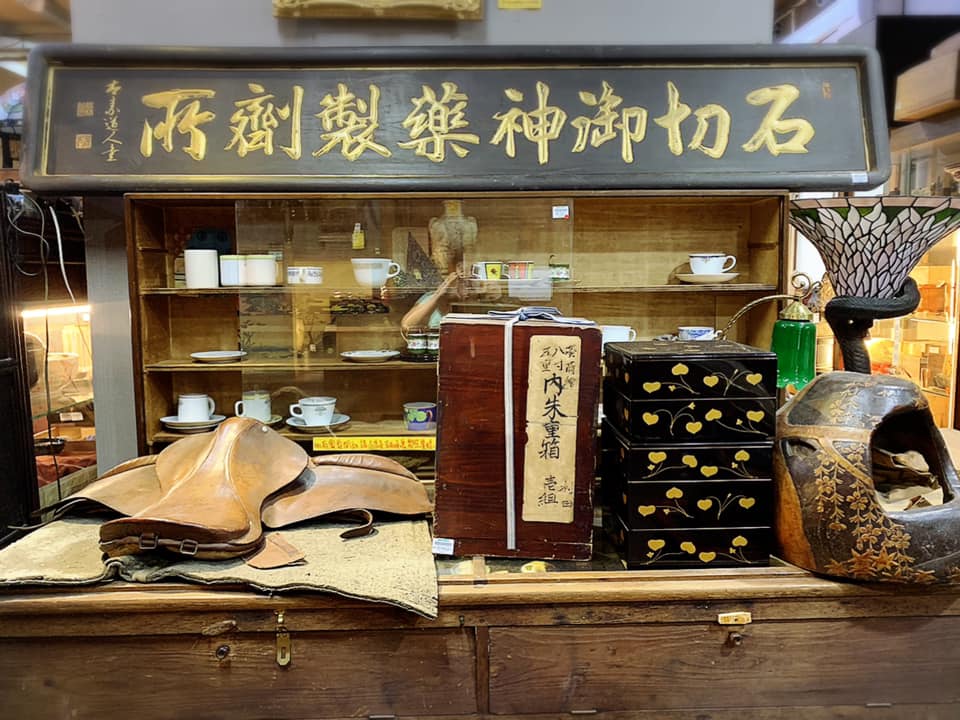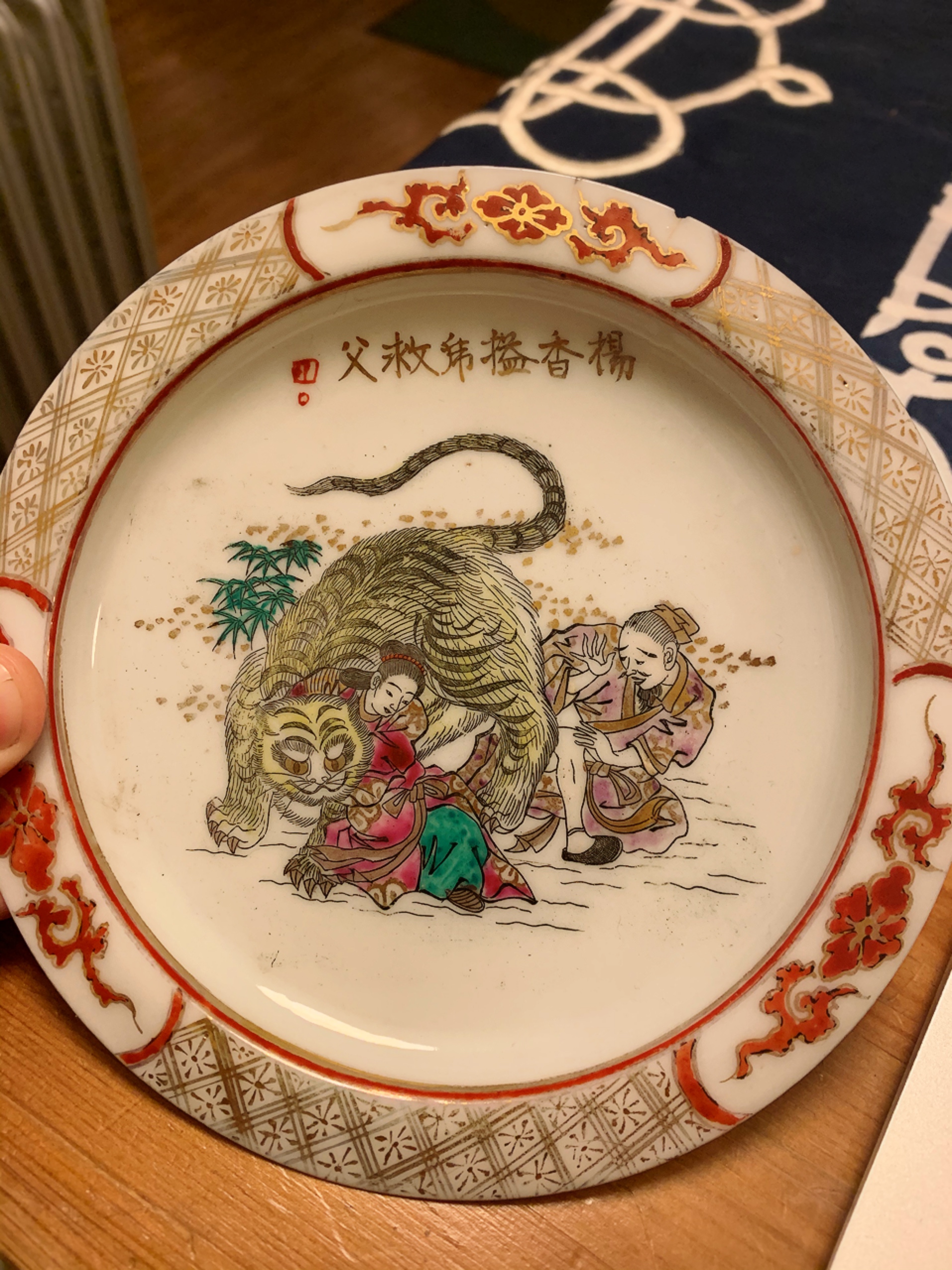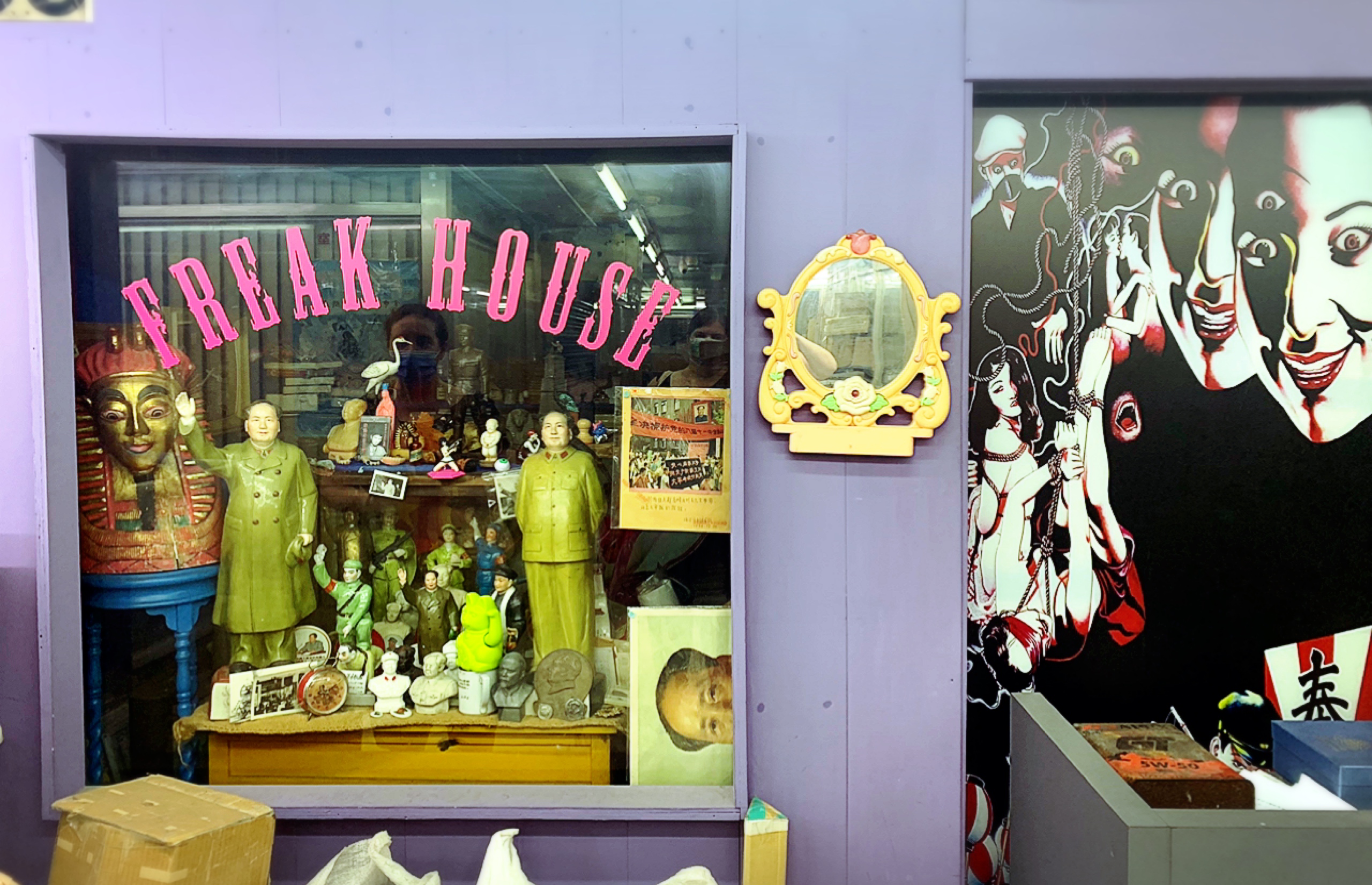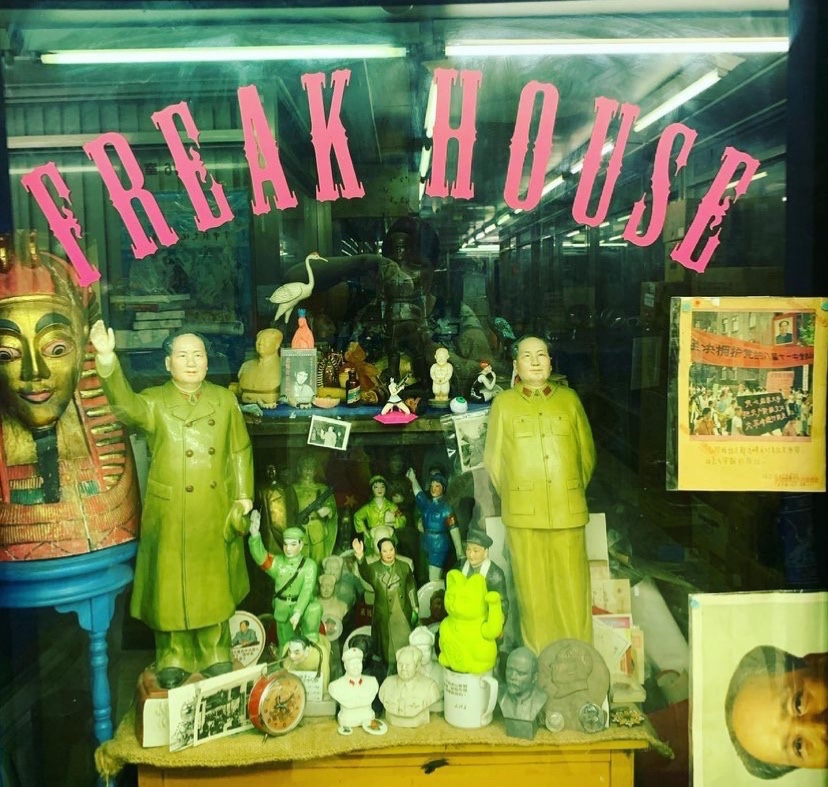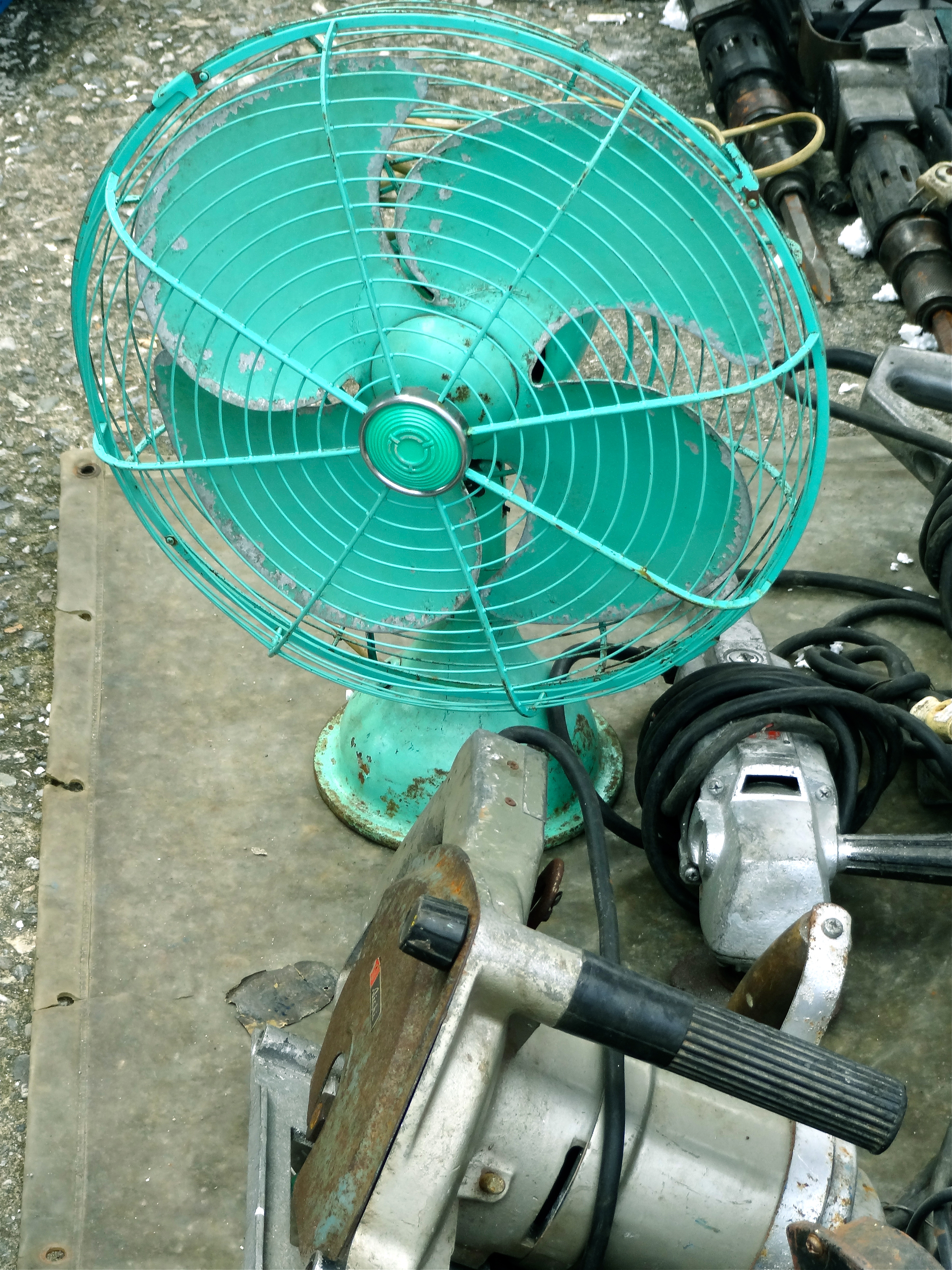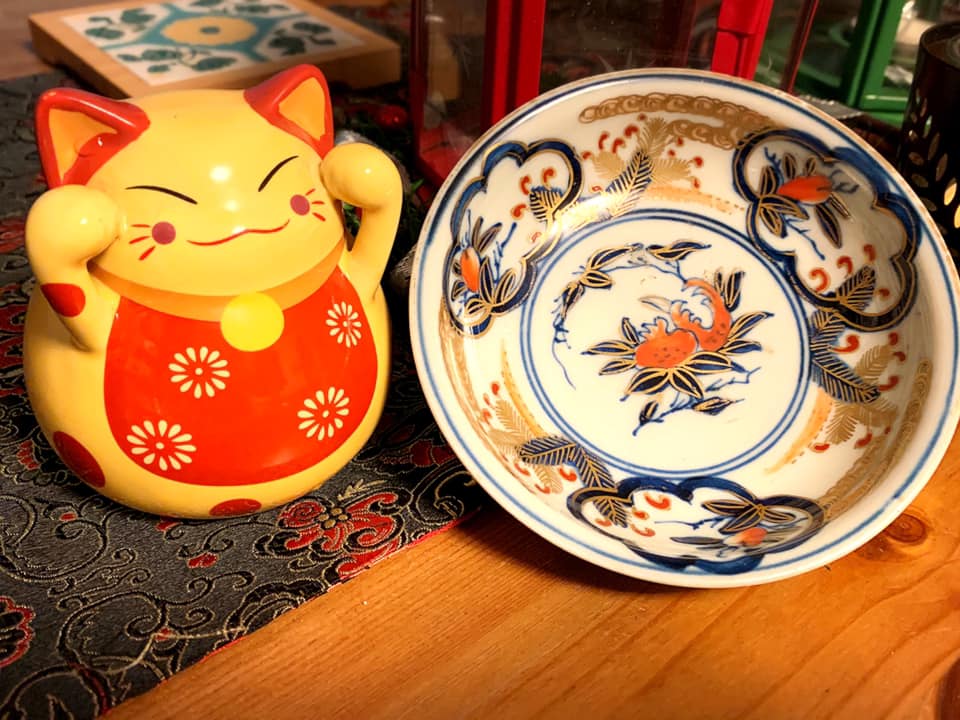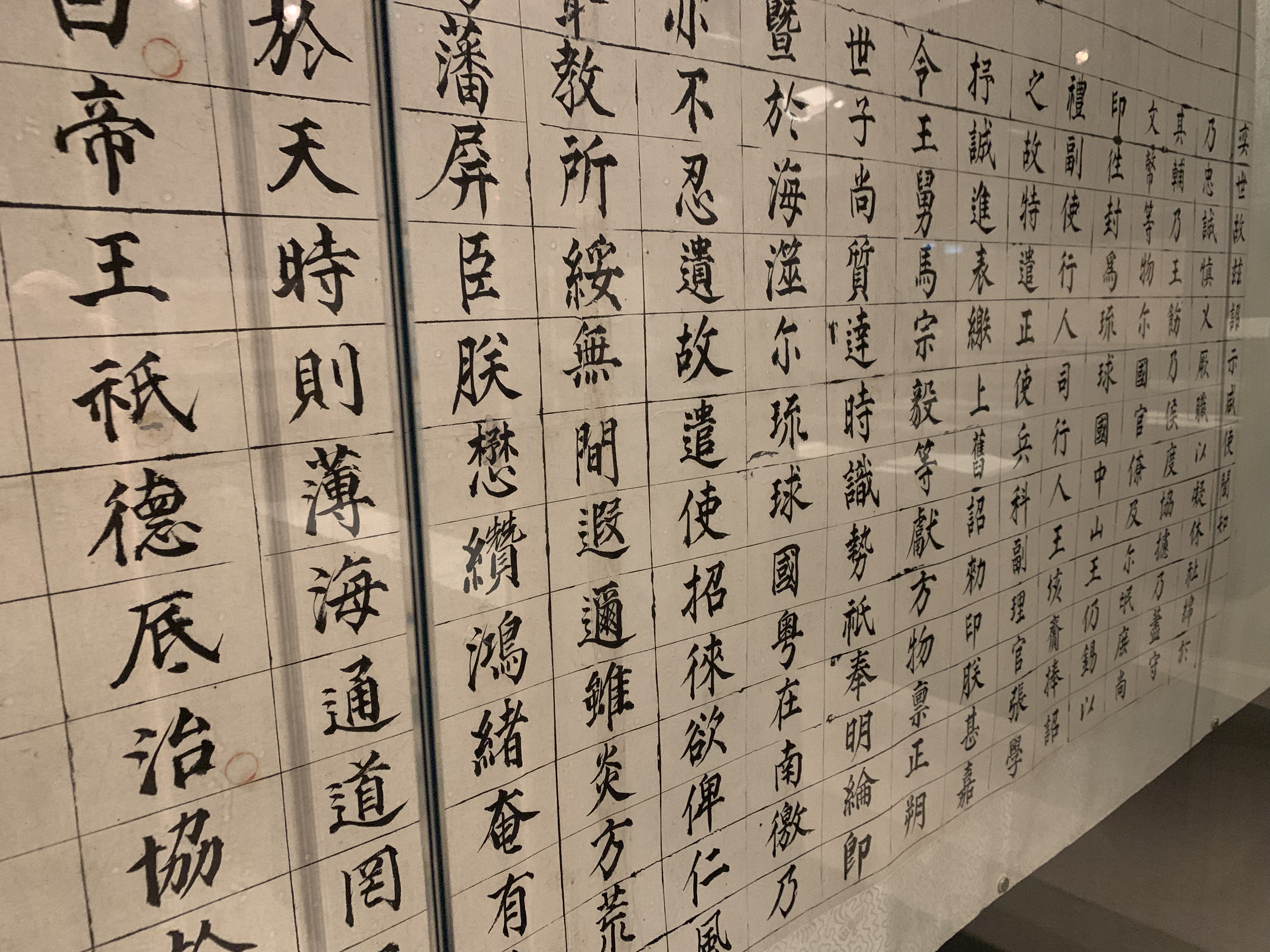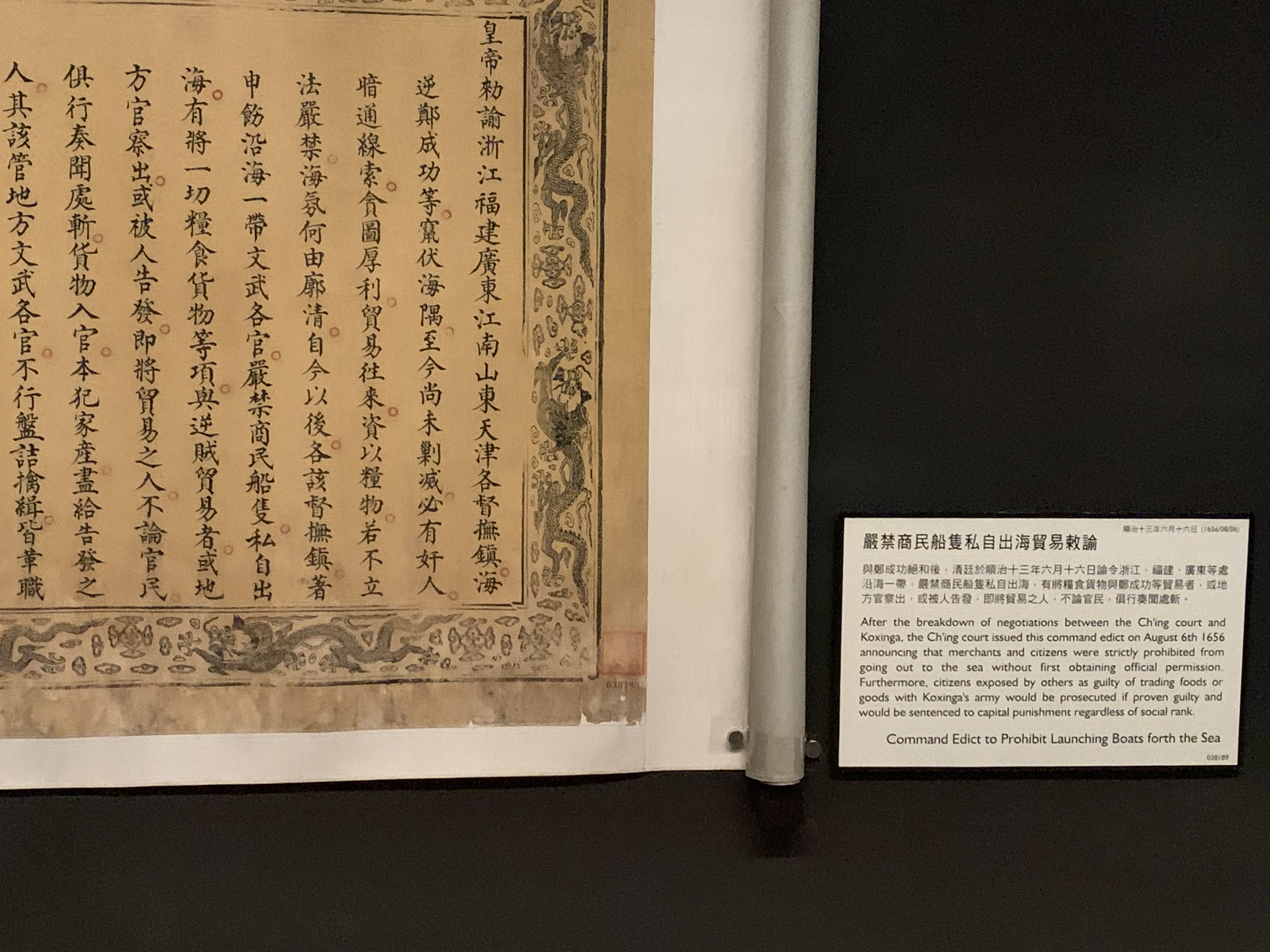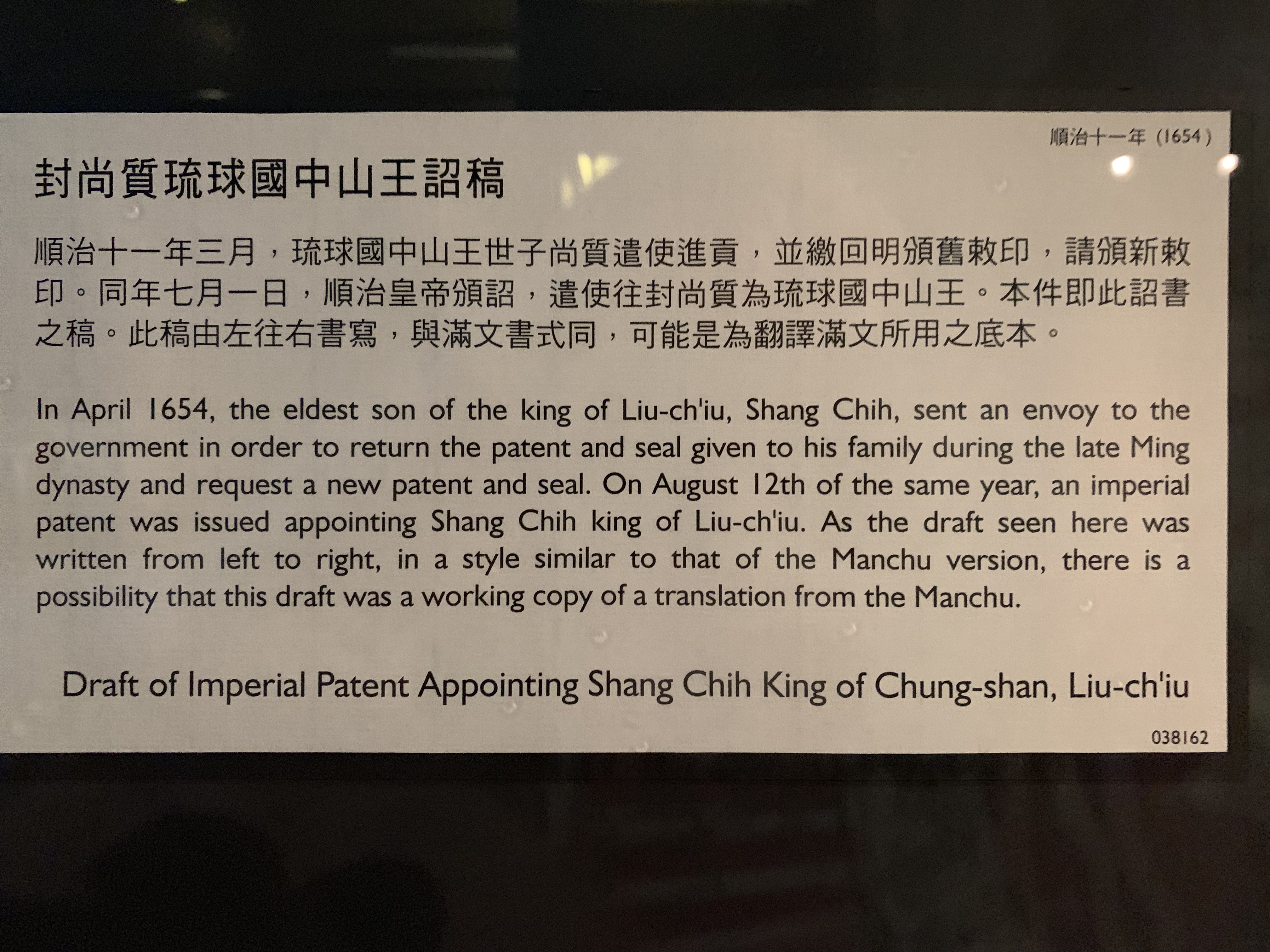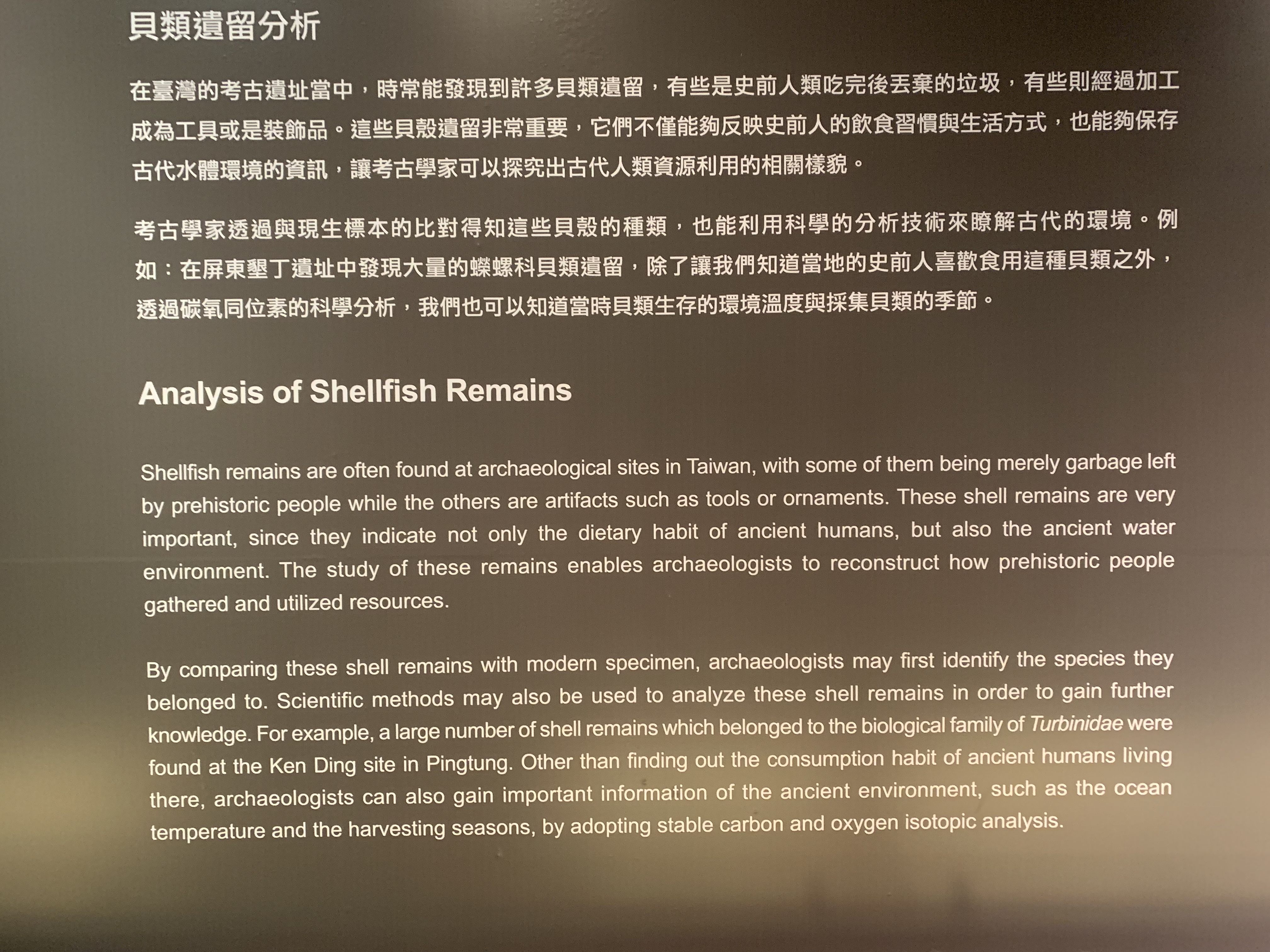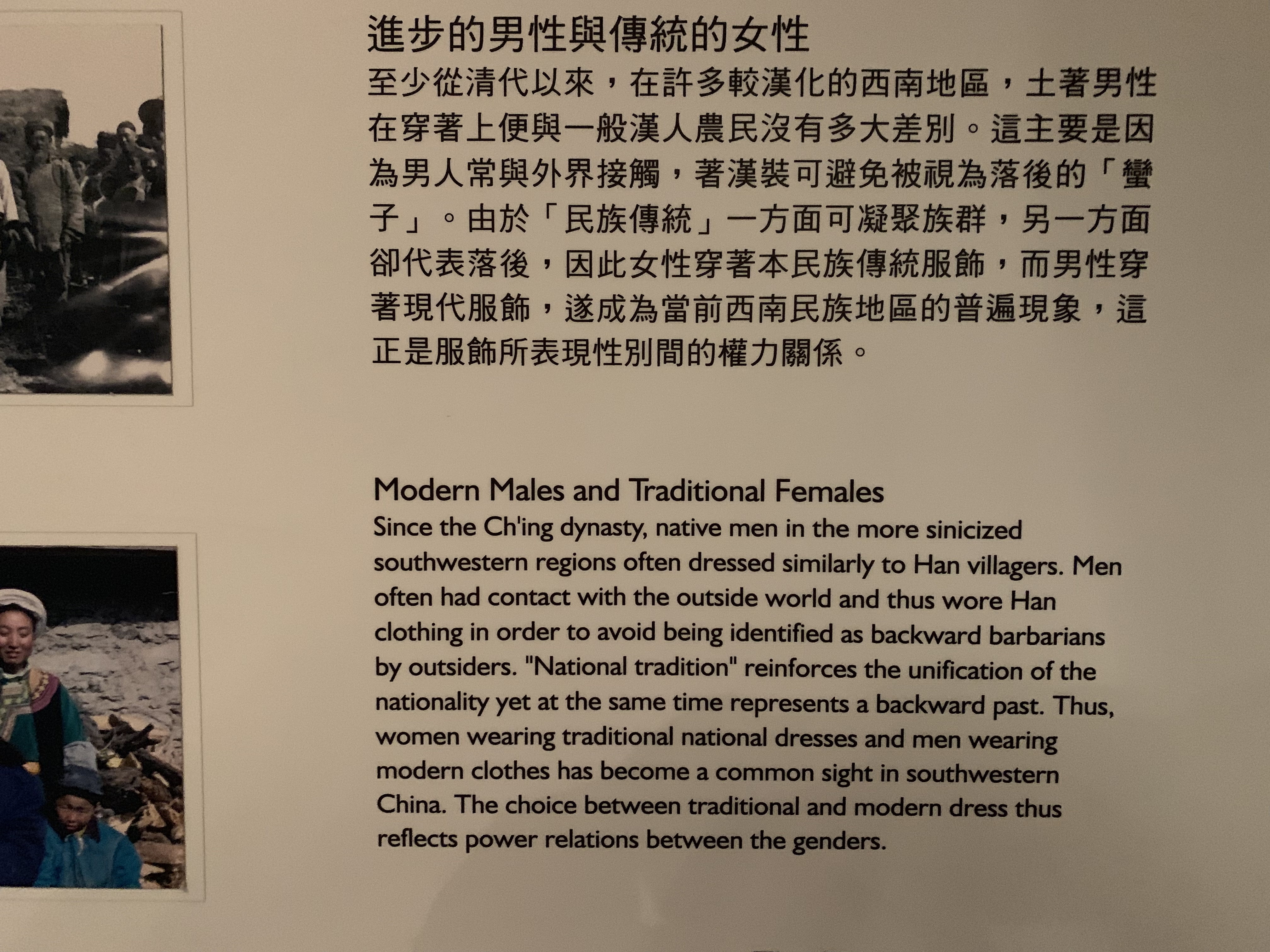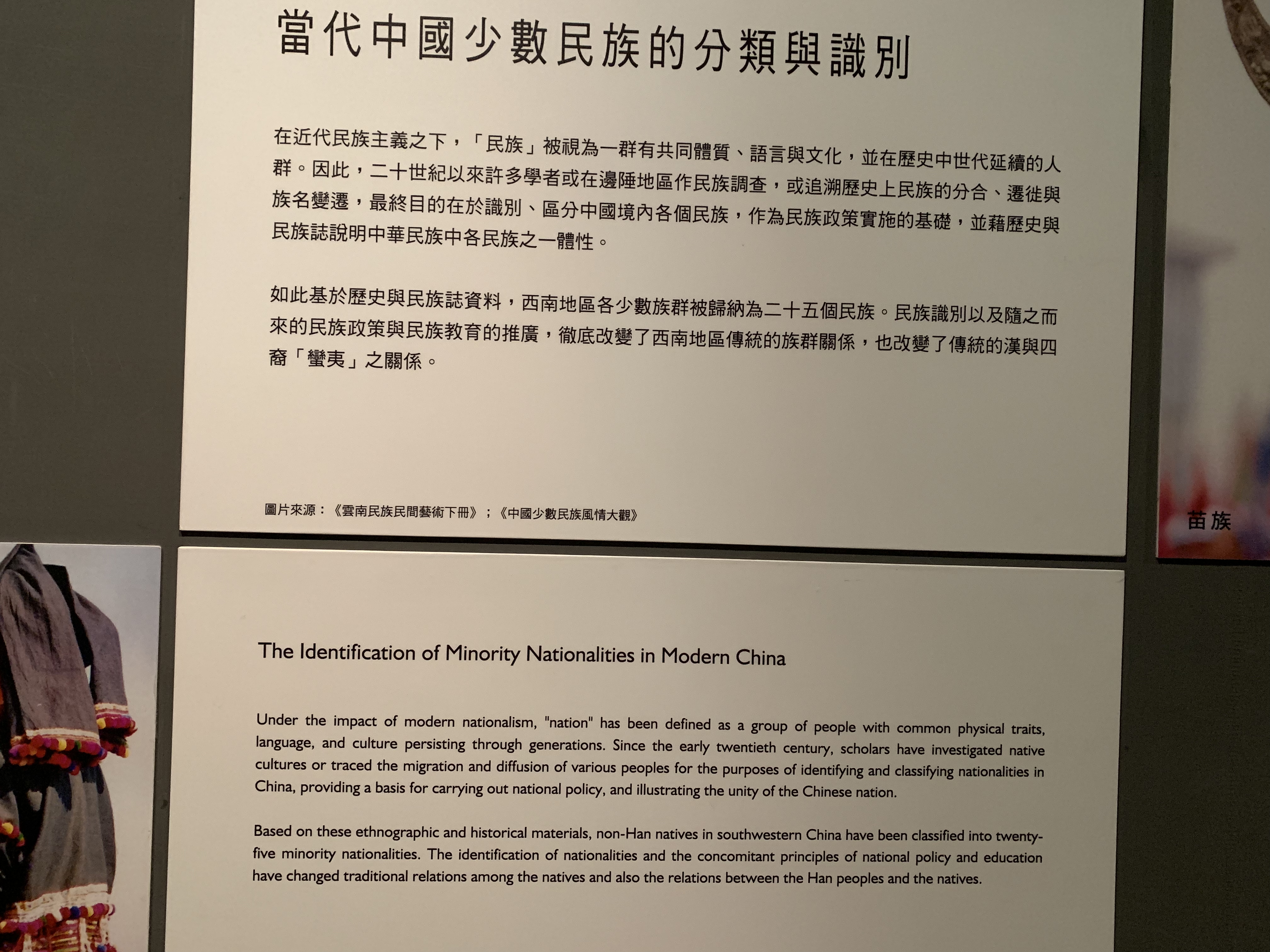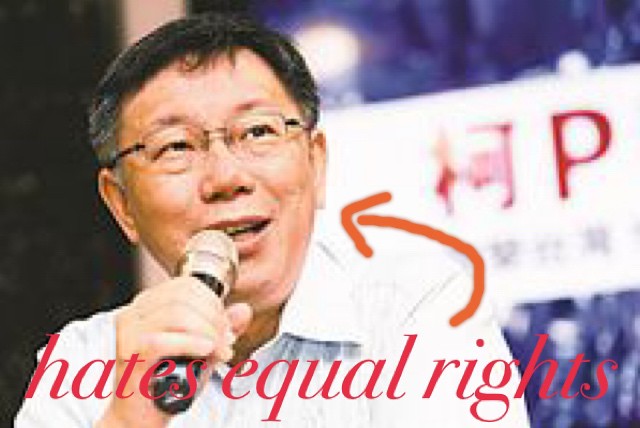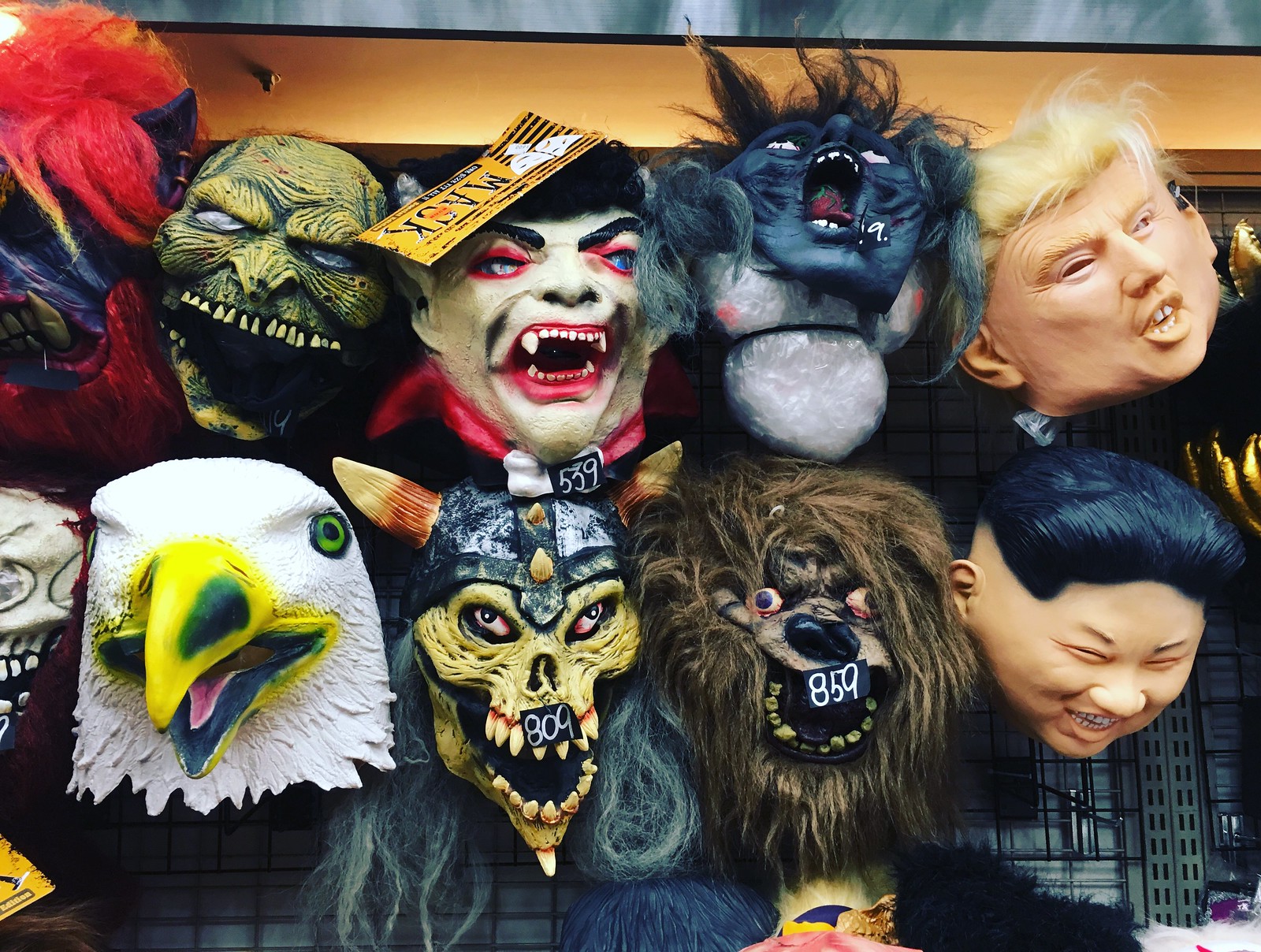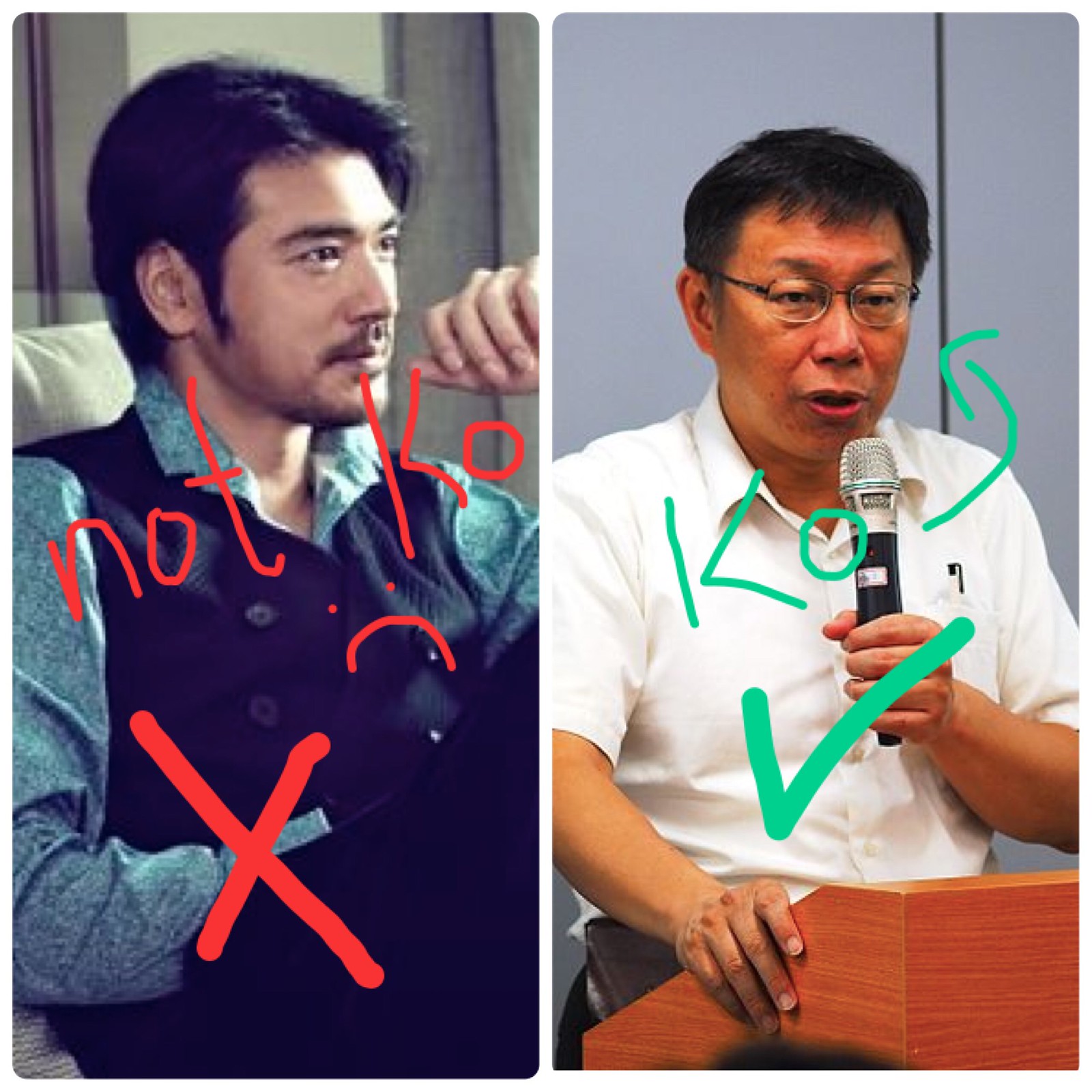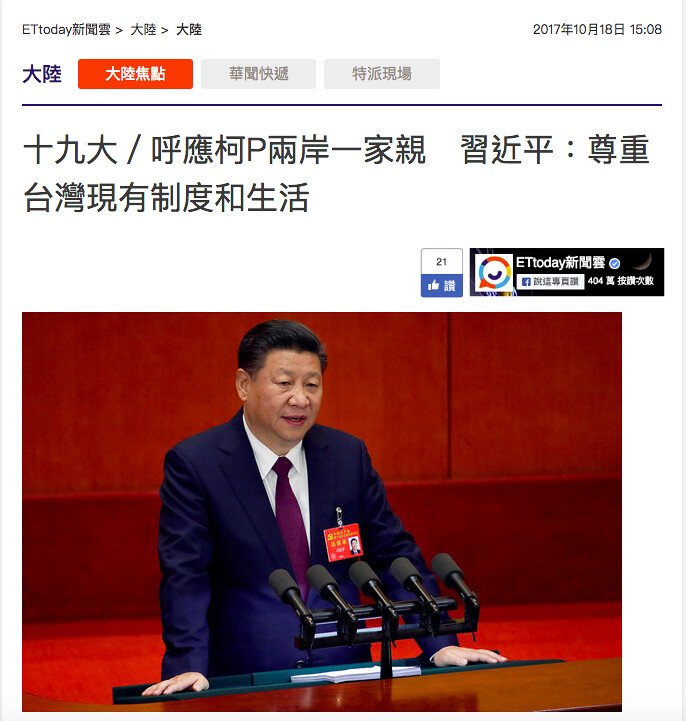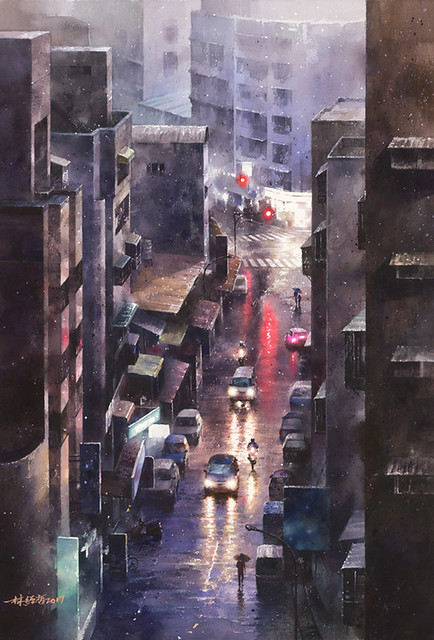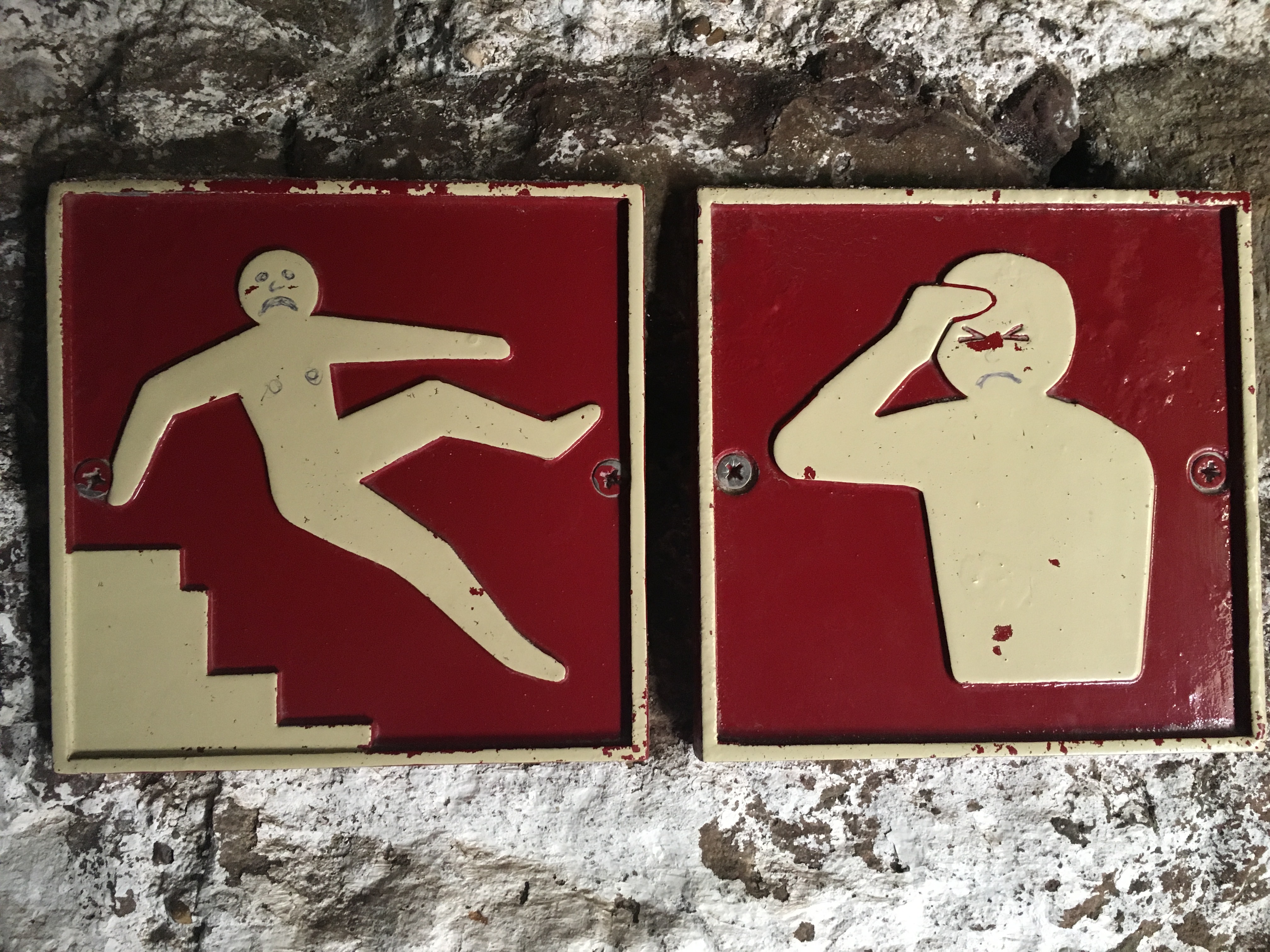
The hallway outside our apartment created jarring echoes all week. Just before the holiday weekend, we saw a notice posted in the lobby that the government would be inspecting our building for fire safety so everything -- the usual shoe cabinets, umbrella stands and benches -- would have to be stowed outside as it's all technically against code.
The building manager also told us it wasn't clear what day they'd come, so everyone's stuff would have to be kept inside until she gave the all-clear.
It stayed that way all weekend. Early this week, an announcement crackled over the PA that they'd be coming "tomorrow or Thursday, and they're very serious this time", with a reminder to wait for a signal that everything could go back outside.
Obviously, the inspectors have been warning buildings in advance, to give everyone time to bring their hallways up to code. I gossiped with some neighbors and the building manager, exclaiming that "this is all a play, it's like a game, it's not real safety!" The doorwoman agreed but said it had gotten worse under Mayor Ko (柯文哲).
"Didn't the same thing also happen under Mayor Hau and Mayor Ma?"
"Yes, but Mayor Ko is stricter!" she spat back.
It's true that Ko does have a reputation for being more of a stickler on things like building inspections. But he has good reason to be: it's all fun and games until a KTV burns down, killing five.
That sounds glib, but the point is few take this seriously, even though it's not a joke. People do die.
Plus, she once exclaimed in my general direction that all Taiwanese are Chinese and Taiwan is a part of China when I walked out wearing a 非韓家園 t-shirt (an anti-Han Kuo-yu pun on the anti-nuclear movement) and has made clear her disdain for any politician who is not KMT -- not even Ko is good enough for her -- so that's just like...her opinion, man.
(Despite this we manage to have a good working relationship. I'm honestly not sure how.)
I tried to point out that Ko can't be that bad, seeing as the inspectors are still calling her in advance, but she cut me off with further insistence that he's too strict and that's bad. I suppose that safety theater was bearable when the play wasn't this dramatic?
Some of the more theatrical aspects of this whole game are so preposterous that I'm surprised they're happening in real life. Brendan and I at least tried to put on a good show, not only moving our small cabinet inside, but also sweeping the area clean. Not all neighbors did this, so when the police arrived, they would have seen very obvious dusty squares where shoe cabinets had recently sat, with the dirt in such perfectly delineated spots that you'd think they weren't even trying to hide the fact that everything had been recently removed. I considered sweeping my neighbors' dust squares too because...c'mon guys, if we have to engage in this massive theatrical dance, can't we at least make an effort?
But I didn't, because that would only fix my floor. Other floors surely have dust squares, too. And this can't possibly be happening in my building alone.
Everyone's stuff is back in the hallway now, except our little chest of drawers. We hardly use the thing; what was the sense of breaking the law just for that? It's currently in our guest bedroom awaiting a clean-up before we give it away.
I am aware that law enforcement officers run the gamut of intelligence levels, from sharp as a knife to sharp as a spoon. This is true in every country. Surely, someone -- if not a knife, then at least a fork --has noticed these dust patches in any one of the buildings they have been inspecting reveal the game for what it is. But since they're calling in advance, my guess is that not noticing is not the reason why they're not reporting.
It's hard to say what the goal is here. Is Ko aware that his own employees are undermining his attempts at improving safety protocols, but understands that changing this mindset takes time? Or does he (or, more accurately, his staff) send them out oblivious to the fact that they're acting exactly as they did back when the KMT was in charge of Taipei and didn't care?
Should the law even exist? My own building is fairly tidy; nobody keeps piles of junk outside their door. A shoe cabinet probably won't make a difference in the event that emergency egress out of the building is necessary. Most people have them: I'd estimate that more people break the law than follow it. These laws feel like they're out of sync with how people actually live, and for that reason nobody obeys them. So why have them at all?
But not all buildings are well-kept, and there are people who do leave heaps of crap in their hallways. My own neighbor once kept a bicycle outside her door. One day I exited the elevator at my floor to hear her calling for help; the bike had fallen in front of the door and now she couldn't open it from the inside. She was trapped until somebody could move it for her. Maybe the laws aren't so silly after all. And although we don't know all the details yet, I'd be willing to bet that if lots of little safety precautions had been followed, the one big mistake by the driver of the truck that hit a train in Hualien, killing 50, might not have turned out the way it did.
So, I can't take a clear position on the whether the laws are reasonable or not. All I can say is, Taipei should make a choice: either have these laws and enforce them properly, or it should change the laws.
Safety theater hides potential tragedies in plain sight and keeps no-one safe.



